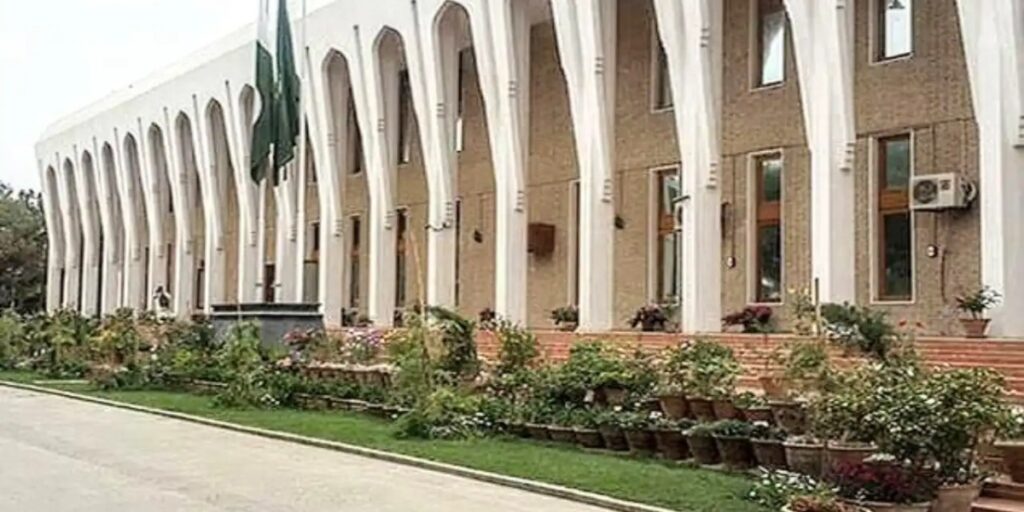QUETTA: The Balochistan High Court (BHC) expressed severe displeasure over the ongoing unjustified load shedding by the Quetta Electric Supply Company (QESCO).
The court issued show-cause notices to the Chief Secretary of Balochistan and the Principal Secretary to the Chief Minister for failing to address the issue.
The court remarked that defaulters’ actions cannot result in punishment for bill-paying consumers. NEPRA and QESCO were directed to ensure an uninterrupted electricity supply across the province.
The court also declared that disconnecting connections under the tube well solarization policy was illegal.
Furthermore, the Chief Secretary and the Principal Secretary were ordered to appear in person at the next hearing.
The court found the government’s submitted responses unsatisfactory, while the petitioner’s counsel argued that QESCO’s report did not reflect ground realities.
The High Court instructed the authorities to consult with the federal government and present a practical solution to the load shedding crisis.
The next hearing of the case has been scheduled for October 28, 2025.
The power crisis in Balochistan has intensified over the years, leaving large parts of the province facing prolonged outages.
Rural areas suffer up to 18 hours of load shedding daily, while even urban centers like Quetta experience frequent power cuts.
The main reason behind this crisis is the widening gap between electricity demand and supply, coupled with outdated infrastructure and poor maintenance of transmission lines.
Theft of electricity, low recovery rates from consumers, and limited investment by the federal government have further worsened the situation.
Farmers are particularly affected, as the lack of power disrupts tube wells and irrigation systems, damaging agricultural productivity.
ALSO READ: Gwadar Port Authority & QESCO unite to resolve electricity crisis
The crisis has also sparked public outrage, protests, and political tensions, with citizens demanding equal power distribution and urgent reforms to end decades of neglect.





